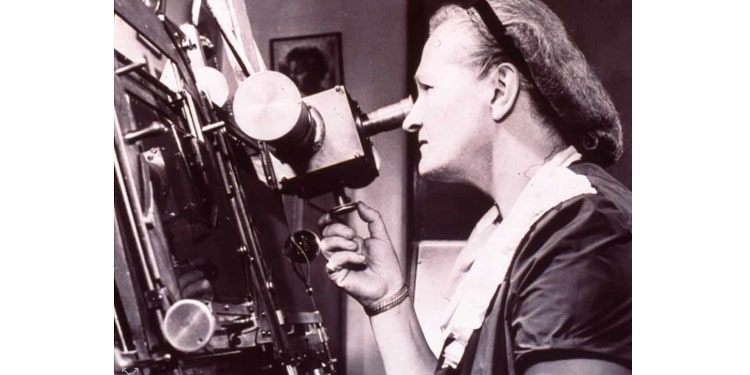Cecilia Payne-Gaposchkin (May 10, 1900 – December 7, 1979) was a British American astronomer and astrophysicist whose groundbreaking work transformed our understanding of the universe. She was the first person to propose that stars are primarily composed of hydrogen and helium — a revolutionary discovery that reshaped modern astrophysics.
Born in Wendover, England, Cecilia Helena Payne showed an early fascination with science. After studying at Cambridge University, she faced gender barriers that prevented her from earning a degree despite completing her coursework. Determined to continue her research, she moved to the United States and joined Harvard College Observatory, where she wrote her doctoral thesis under Harlow Shapley.
In 1925, Payne completed her Ph.D. at Radcliffe College, producing what is now recognized as one of the most brilliant dissertations in astronomy. Her thesis, Stellar Atmospheres, demonstrated that the Sun and other stars are made mostly of hydrogen — a finding that contradicted accepted scientific belief at the time. Though initially dismissed by leading astronomers, her conclusions were later proven correct, securing her place as a visionary in the history of science.
Cecilia Payne-Gaposchkin went on to have a distinguished academic career at Harvard, becoming the university’s first woman to hold the title of full professor and later chair of the Astronomy Department. Her research extended to variable stars and stellar evolution, and she authored numerous scientific papers and books that remain influential today.

Despite the challenges she faced as a woman in a male-dominated field, Payne-Gaposchkin’s perseverance and intellect paved the way for generations of women in science. She is celebrated not only for her discoveries but also for her courage, humility, and commitment to knowledge.
Cecilia Payne-Gaposchkin passed away on December 7, 1979, leaving behind a legacy that continues to illuminate both science and equality. Her story is a reminder that brilliance knows no gender — and that sometimes, it takes one extraordinary mind to rewrite the story of the stars.
























